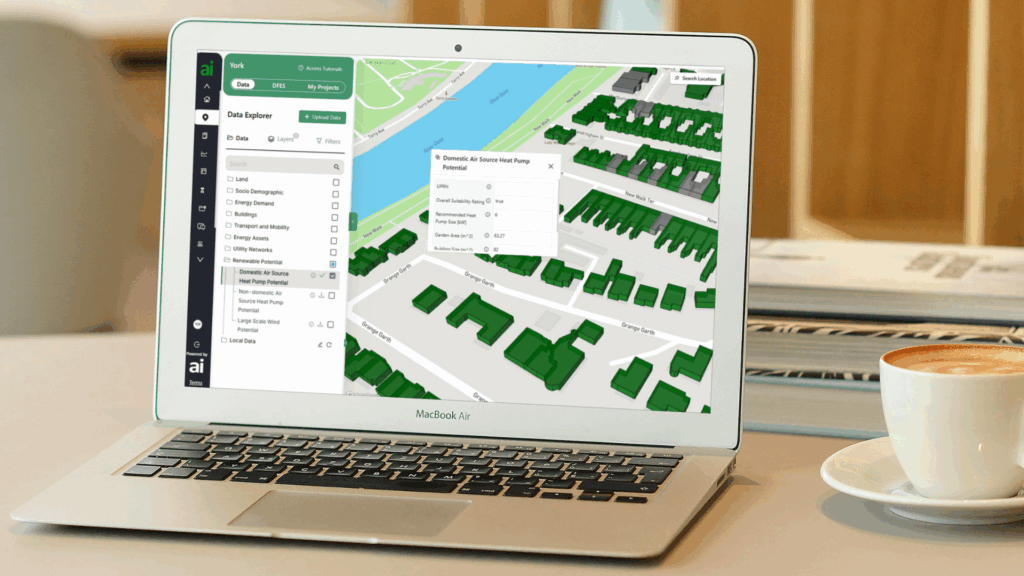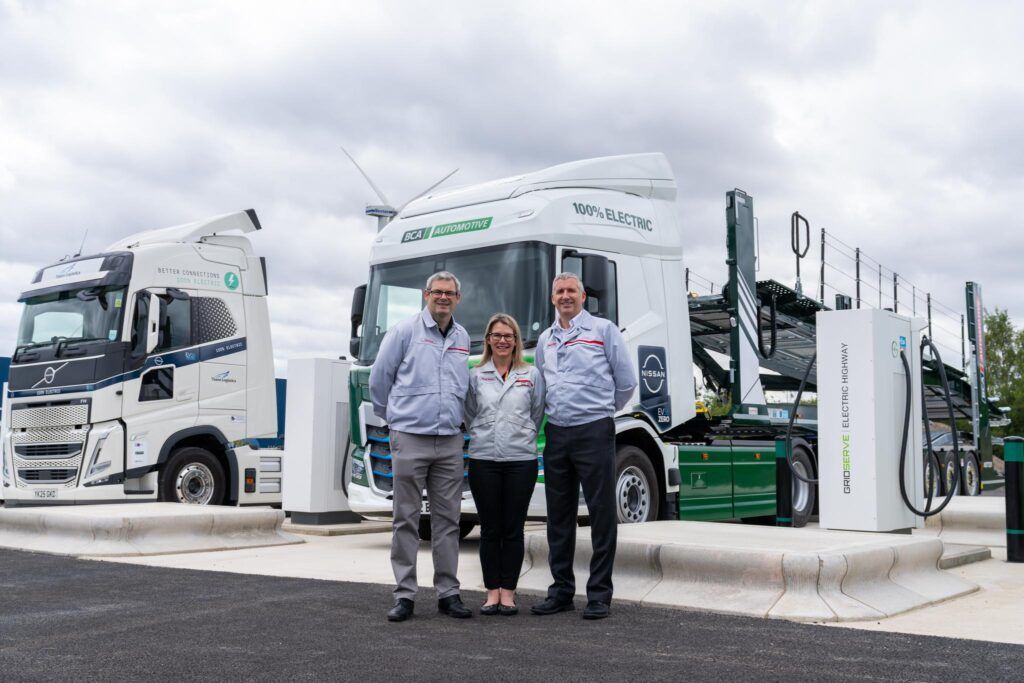A study which will look at how future roadworks could be carried out in a way that reduces congestion and supports the UK’s move to net zero carbon emissions is set to be carried out over the next eight months.
HAUC(UK) and Transport for London (TfL) have combined forces to run and fund the research project with the University of Birmingham and EA Technology selected to undertake the study on the street and road works sectors.
The study will look at how zero emissions machinery could be adopted by the sector, as well as looking at what changes to business models and legislation might be needed to support more sustainable roadworks. The study will also produce an action plan to help implement the changes needed to achieve net zero.
The infrastructure sector, of which the road and street works sector is a part, is responsible for almost one-sixth of total UK emissions. The project is being funded from money paid by utility companies to TfL’s Lane Rental scheme, which charges utility companies for digging up roads at the most traffic-sensitive times and locations. Money received through this scheme is ringfenced and can only be spent on projects which work to reduce the impact of roadworks. The TfL Lane Rental scheme is funding the work to ensure that future roadworks in both the capital and across the UK can play a full part in making towns and cities greener and more sustainable.
The University of Birmingham and EA Technology have been challenged with delving into the heart of the sector to determine how to maximise its contribution towards tackling climate change and the global target to net zero. HAUC(UK) and Transport for London, supported by a diverse working group (Thames Water, UK Power Networks, Cadent Gas, Southern Gas Networks, Gigaclear, the London Borough of Southwark and the Greater London Authority) and aided in delivery by GeoPlace, believe this is an exciting opportunity to make a real difference.
While many isolated environmentally friendly improvements have been made in recent years by street and road works organisations, there are many more opportunities that exist to revolutionise the way we improve and maintain our essential road network infrastructure, including the critical services that lay beneath. Finding alternative solutions to replace crude oil, diesel run machinery and unsustainable or environmentally damaging materials is a key part of the project.
At the forefront of this phase will be the development of an action plan providing recommendations on the direction of travel in the short, medium and long-term. The research will pose fundamental questions on sustainability, the use of resources, innovations, actions vs consequences and requirements for delivery on the following research areas:
- Material, process, innovation
- Climate change, net zero and beyond
- Measuring environmental performance.
Dave Capon, Co-Chair of HAUC(UK) said: “In 2021 we launched our five-year vision for street and road works in the UK. Central to the strategy is tackling climate change. Customers are more aware of it, the government has set out ambitious plans for it, and the regulators are setting obligations to help meet it. Taking steps to address the role of street and road works in reaching net zero has never been a greater priority, with high expectations on all sectors to deliver a national ambition.
“We are delighted to lead this project the ‘ Road to Net Zero’ working with our partners to propose radical changes in the way we redesign, construct, operate, maintain, upgrade and repair our roads and buried infrastructure so that it benefits people, places, the economy, and natural and cultural environments.”
Glynn Barton, TfL’s Director of Network Management, said: “Ensuring that our road network can keep people and goods moving is vital and our Lane Rental scheme plays an important role in reducing the impact of roadworks. This major new study will ensure that future roadworks are as sustainable as possible, helping to reduce carbon emissions, clean up toxic air and reduce congestion on our roads. We’re looking forward to seeing the results of the study and to working with the sector to help put its recommendations in place.”
David Mills, Head of Net Zero Transition at EA Technologies, said: “We are delighted to be selected as a partner for this forward-looking project. EA Technology will lead the ‘climate change, net zero and beyond’ category which focuses on the sector’s impact on climate change and what smart solutions can be used to achieve net zero. We will deliver a thorough assessment of the carbon emissions of sector vehicles and machinery, quantifying the potential carbon savings that could be achieved by moving to a zero emission fleet.
“Bringing our experience of energy networks, electric vehicles and decarbonisation challenges we will identify potential solutions to support the transition of street and road works fleet to zero emissions. We will construct an action plan that outlines the transition from current carbon intensive machinery and vehicles to zero emissions, together with the requirements needed to facilitate this. We will also explore other ways in which emissions can be reduced, including evaluating methods of reducing congestion, circular economies, autonomous vehicles and the legal framework changes that may be required to facilitate decarbonisation for the sector.”
Professor Chris Rogers from the University of Birmingham added: “The Birmingham team is focussing on materials and process innovation and measuring environmental performance. For this project, we will establish potential future innovations, design options that incorporate such changes, business models that make transparent the (positive and negative) consequences of making these systemic changes, and analysis of the different forms of governance that influence what is done.
“We will bring together the research on buried infrastructure, urban systems and future sustainable, resilient and liveable cities that the Birmingham team has been pioneering over the past 20 years and provides an exciting opportunity for integration to explore how radical change could benefit the sectors concerned, the nation and the planet. Combined with the outcomes from EA’s studies of vehicles and machinery, we will create a draft comprehensive carbon calculator for the streetworks and roadworks sector, along with an action plan and roadmap to take the industry forward.”
The project will take place over the next eight months with the research findings presented in March 2022. An innovation challenge is expected to follow to tackle some of the outputs, addressing any identified gaps. The aim is to unite the sector in this research and leave a positive legacy for future generations.
Image courtesy of Shutterstock.















